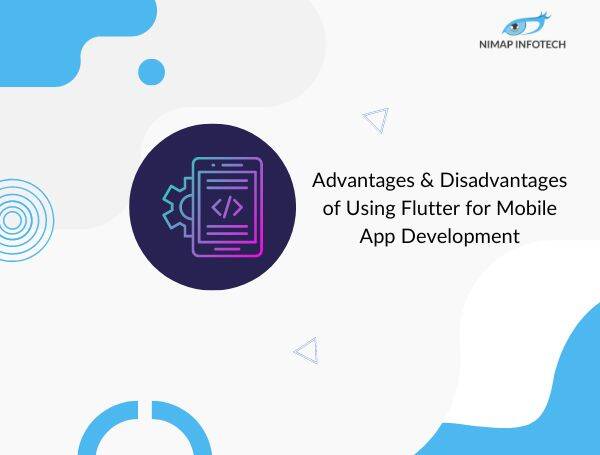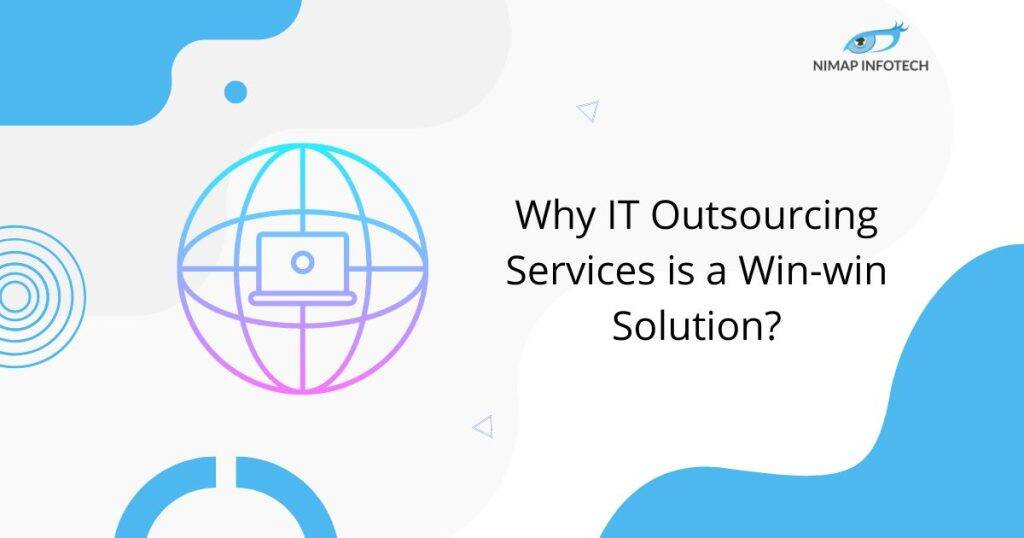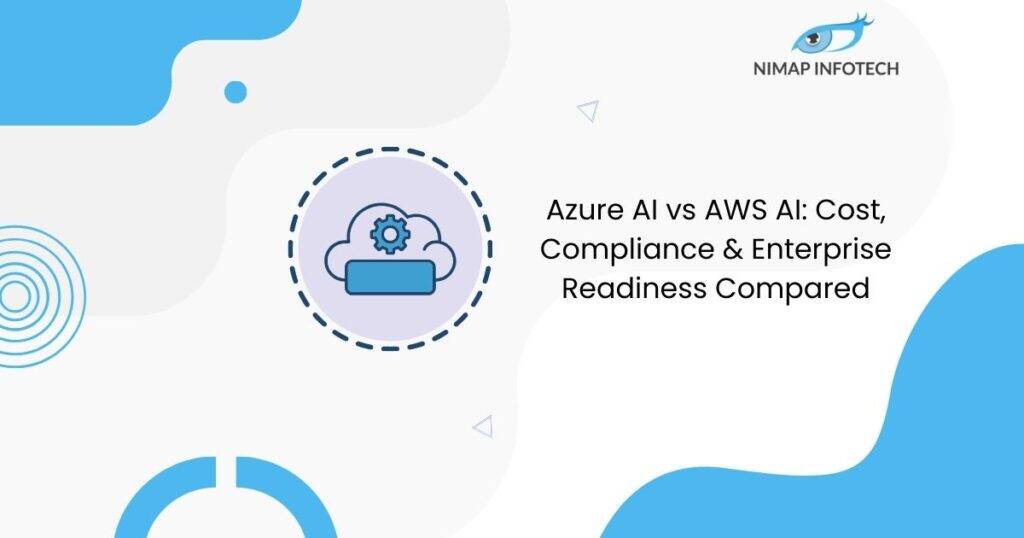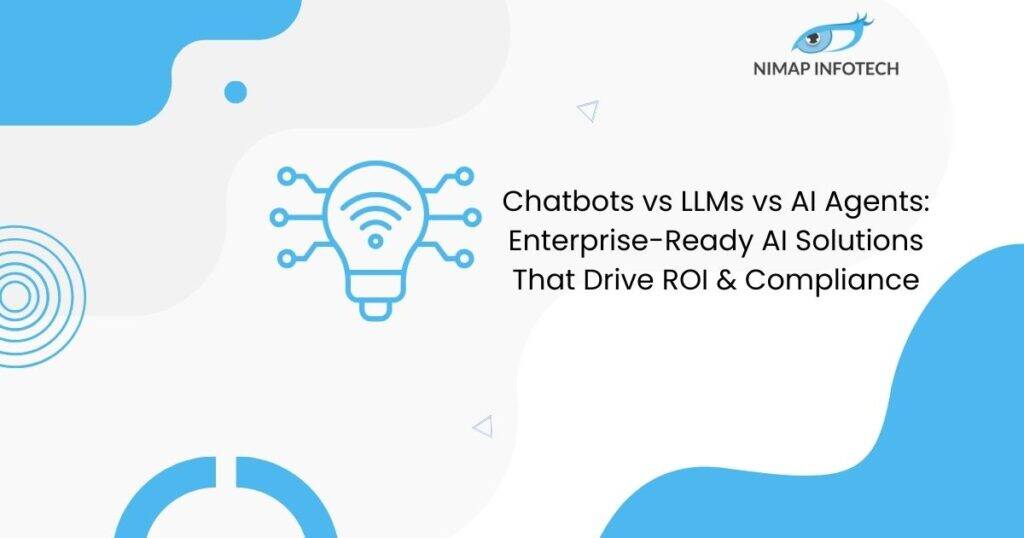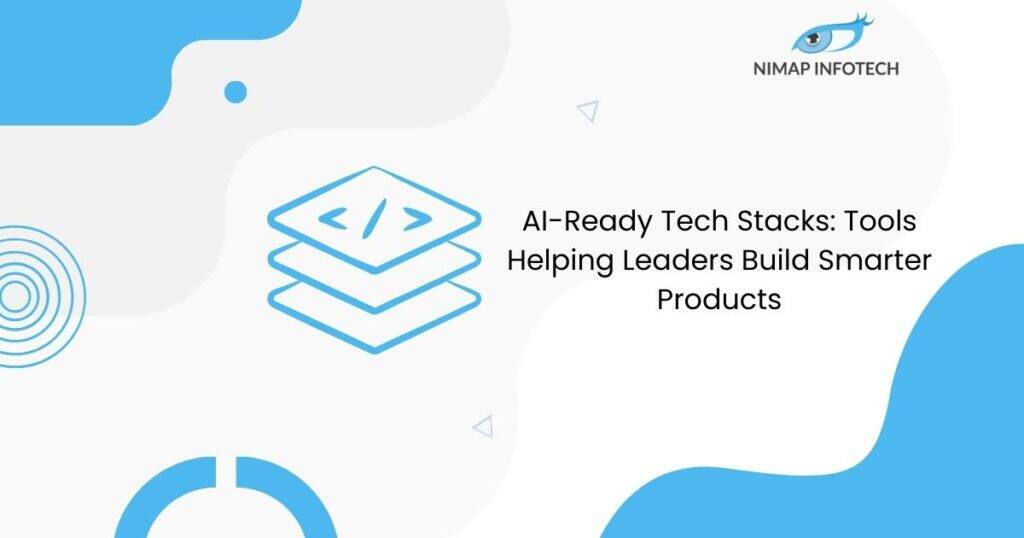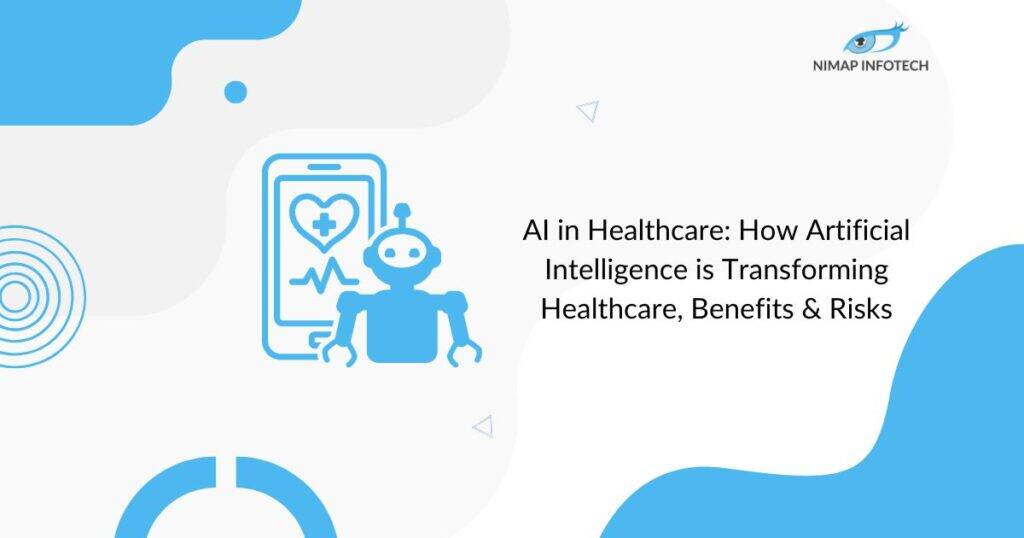Flutter is currently the buzz of the town. Flutter has taken the top spot among cross-platform technologies because of its ability to function flawlessly on both the iOS and Android platforms.
Flutter is a well-known technology you should concentrate on if you are a dedicated developer who is constantly searching for new tricks to enhance the creation of mobile applications. Flutter has gained a lot of interest from all kinds of organizations because of its well-known features.
What is Flutter?
Flutter is a free and open-source mobile app development framework designed and created by Google. It is used in the development of aesthetically pleasing, responsive, high-performing apps for the web, iOS, and Android platforms. Based on the Dart programming language, Flutter renders its components using the Skia graphics package.
Flutter’s rapid development cycle, which enables developers to view changes to the app in real time as they make code changes, is one of its primary benefits. Additionally, it offers a wide range of customizable widgets that are useful for designing elegant and user-friendly user interfaces.
What Makes Flutter More Appealing and Demanding?
Businesses, app developers, and product teams found Flutter to be particularly attractive because it made creating high-caliber cross-platform apps easy and quick. However, from a commercial standpoint, selecting the appropriate technology for your project is a strategic choice. Before implementing Flutter, you should be aware of its benefits and drawbacks.
What is Flutter Used for?
Flutter is one the most and best-regarded solutions or say framework for developing apps for Android and iOS. It is popular amongst developers as Flutter allows developers to develop apps without needing to generate or write a different codebase for each platform.
These apps’ smartphone versions are prepared for the appropriate platform before release and work on Apple and Android smartphones as real, native apps. Neither a browser nor a runtime module is required. It is also feasible to construct native programs for Windows, Linux, and macOS, as well as web apps for browsers, using the same codebase.
Flutter is used by Google for the Google Home hub’s UI as well as some Google Assistant modules. Flutter is used by well-known e-commerce service providers like eBay, Groupon, and Alibaba Group to create a consistent look throughout their web and mobile applications.
Development of Cross-platform Mobile Apps
The main reason Flutter is popular is that it can be used to create excellent, aesthetically pleasing, and fast mobile applications for both iOS and Android. Developers can produce apps that feel and look native on a variety of devices using a single codebase, which reduces resource consumption and speeds up time to market.
Web Apps With One-page or Multiple-pages
You can use Flutter to create web applications that are either single-page (SPAs) or multi-page (MPAs). Its user interface is quick and responsive, making it possible to create dynamic and interesting online apps.
Development of MVPs and Prototyping
Flutter is a great option for MVP development and prototyping because of its quick development cycle, hot reload functionality, and highly customizable widgets. It enables developers to validate concepts, iterate, and test ideas fast, and gather early user input. To put it briefly, you can reach people with your software more quickly.
Embedded Systems and IoT
Flutter may also be used to create user interfaces for embedded systems and Internet of Things devices. It is versatile for developing interfaces for wearables, home automation systems, smart devices, and other linked devices because it can operate on multiple platforms.
What is the Foundational Programming Language of Flutter?
The Google-developed Dart programming language serves as the foundation for the Flutter SDK. Its goal is to replace traditional JavaScript.
Programs written in Dart can be executed directly on a server; in a browser, they are trans-compiled into JavaScript using the Dart2js tool.
Applications for Fuchsia, Google’s new platform, are created natively in Dart. Its structure is comparable to popular object-oriented programming languages like C# and Java.
Advantages of Flutter App Development
Flutter has captivated a sizable developer and app owner community, Flutter has become the industry leader. Let’s examine the pros of contacting the Flutter app development business to create a mobile application.
Hot Reload
The best thing about Hot Reload is that it allows developers and designers to instantly see all of the code upgrades and modifications that have been done to the program. For this reason, when developers and designers are seeking ways to improve the way the app looks and check impacts instantly, Hot Reload helps to deepen their relationship. Hot reload, allows developers to improve productivity, and it might also open the doors for r experimentation without lengthy delays and assists with fast iterations.
Quick Updates
With Flutter, you can get instant updates without any plugins because of its hot reload capabilities. You can also view updates in real time with a hot reload. Should an error occur during code execution, the framework allows you to quickly repair it and continue without having to restart the code.
One Codebase to Support Several Platforms
Create your app once, and use it everywhere. Developers can create code once and publish it across many platforms, such as desktop, web, iOS, and Android, thanks to Flutter’s programming language, Dart.
As a result, you can reach your clients anywhere you need to. There you have it, you are saving time and effort by not having to write separate code bases for various platforms.
Performance at the Native Level
The architecture of Flutter is built to provide excellent performance. It incorporates a powerful rendering engine called Impeller and uses the compiled programming language Dart to guarantee snappy, responsive app performance.
Reduced Expenses for Development
The cross-platform nature of Flutter makes app development more affordable. Flutter enables developers to create and manage a single codebase for both the iOS and Android operating systems, doing away with the need for distinct development teams and cutting down on the amount of time and effort required for development. By using a single strategy, companies can reach a larger audience more affordably and expedite the development process rather than having to build and manage two distinct native apps.
Faster Time to Market
Flutter allows your development team to create code only once and deliver it across various platforms, you can improve time to market. This also removes the requirement for distinct codebases. Furthermore, Flutter’s hot reload function enables real-time code modifications, promoting quick iterations and expedited app optimization.
Use of Widgets
Widgets serve as building elements and form the core class hierarchy of the Flutter framework. You can use these graphic components to specify the intended functionality of your solutions and to build user interfaces. While Flutter offers many ready-to-use widgets, developers also have the option to create custom widgets or modify the ones that are already accessible. For developers, using widgets can make a variety of jobs simpler and enable them to complete them much more quickly.
Elevated Safety
Syntax security is already guaranteed. Flutter uses single-threaded UI programming. Computational threads run in separate sandboxes during execution. By removing shared or dangerous resources, this method aids in reducing the likelihood of new vulnerabilities.
toolkit for automated testing. Development teams can automate and streamline their testing process with the help of Flutter’s tools. This can cut down on the amount of time that is usually needed to write tests considerably.
Disadvantages of Flutter App Development
Although Flutter’s pros make it a good technology for a variety of projects, keep in mind that it has certain disadvantages. Since the technology is still in its infancy, some of its features are not entirely tailored to the demands of developers.
Problems with iOS
While Flutter apps generally function well across several platforms, there are a few clear benefits exclusive to Android users. Here’s a very brief explanation: Google created Flutter. For this reason, there may be some problems with Flutter-built apps on iOS devices.
Restricted Third-party Library Support
Flutter developers have fewer options when it comes to depending on third-party libraries than with many other frameworks.
Big File Sizes
A significant flaw that cannot be overlooked is the size of apps created with Flutter. Now, in certain circumstances, these file sizes may be a big problem and lead a developer to select a different tool for the development. As we can see, the majority of users do not always find their phones to have enough memory storage space. A lot of older devices can’t hold more apps, therefore users usually have to choose between using their device for images or music or for apps. Though it’s difficult to tell who you are appealing to, this file size gives you better runtime and performance.
Dart
Programming in Dart is done using Dart Flutter. But it has advantages as well as disadvantages. Compared to other object-oriented programming languages like C#, Java, Objective C, and JavaScript, this one is not as good. There are times when it seems difficult to use the language to create apps. Thus, creating a cross-platform application is a crucial consideration.
Is Flutter the Right Choice in 2024?
After weighing the benefits and drawbacks, we’ve concluded that Flutter is far more advantageous for development and business teams. Creating stunning, incredibly fast, and cross-platform mobile applications that meet your unique demands is undoubtedly possible.
The best option for your particular project is Flutter. There is no one-size-fits-all development framework, therefore take into account the needs of your project, your target audience, and your long-term objectives while making this choice.
Also Read: Why Choose Flutter for MVP Development Services?
Author
-

Sagar Nagda is the Founder and Owner of Nimap Infotech, a leading IT outsourcing and project management company specializing in web and mobile app development. With an MBA from Bocconi University, Italy, and a Digital Marketing specialization from UCLA, Sagar blends business acumen with digital expertise. He has organically scaled Nimap Infotech, serving 500+ clients with over 1200 projects delivered.
View all posts

